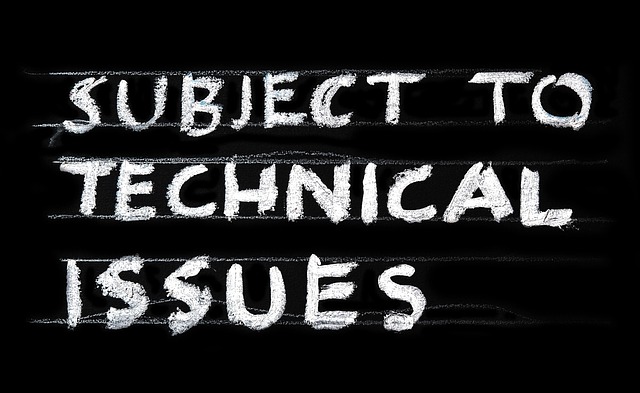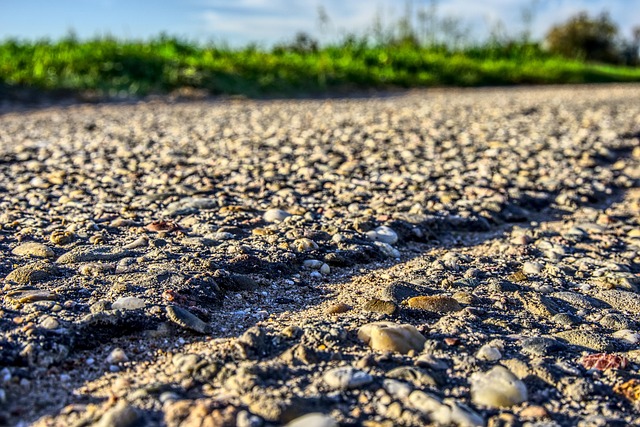Navigating Extreme Weather: The Role of Accountability in Tackling Climate Change and Protecting the Environment
As our planet’s climate continues to shift dramatically, the effects of extreme weather events have become all too real. In recent years, communities around the globe have witnessed the fury of hurricanes, the desolation of wildfires, and the devastation brought by floods and droughts. These occurrences not only threaten our beloved environments but also challenge our sense of security and well-being. At the heart of addressing these pressing issues lies a concept that resonates deeply: accountability.
When we talk about accountability, we’re not just referring to governments or corporations bearing the burden of responsibility. It transcends these definitions, encompassing every individual, community, and organization that plays a role in shaping our planet’s future. The responsibility to combat climate change and its increasingly harsh manifestations is a shared one, and embracing this collective accountability is essential for fostering resilience in the face of extreme weather.
The Link Between Accountability and Environmental Action
To truly navigate the challenges posed by extreme weather, we must first understand the role that accountability plays in driving environmental action. Governments and policymakers must be held accountable for creating and enforcing regulations that prioritize the environment and public safety. This means committing to clean energy initiatives, investing in sustainable infrastructure, and fortifying communities against natural disasters.
However, accountability must also extend to businesses. Companies have a tremendous impact on climate change through their operational practices, resource consumption, and waste generation. When businesses prioritize environmental sustainability, they not only help mitigate climate change but also inspire consumers to make eco-friendly choices. Communities can foster accountability by supporting local businesses that actively invest in sustainable practices.
Empowering Individuals Through Accountability
On a personal level, accountability encourages individuals to reflect on their lifestyles and their carbon footprints. Simple changes, such as reducing waste, conserving energy, and supporting sustainable products, can have a significant impact. When we adopt an accountable mindset, we empower ourselves to be part of the solution, inspiring others to do the same.
Furthermore, participating in community initiatives can enhance our collective accountability. Grassroots movements focused on environmental justice and climate action engage citizens at all levels, urging them to take ownership of their environment and advocate for changes within their local governments. Together, we can create a powerful force demanding accountability and transparency in climate action.
Learning from Extreme Weather Experiences
Extreme weather events offer lessons that highlight the necessity of accountability. When a hurricane strikes or wildfires engulf large areas, affected communities rally together to provide aid and support. These moments of solidarity underline the importance of collective action and accountability. They remind us that when we hold ourselves and each other accountable, resilience becomes possible even in the face of daunting challenges.
In the aftermath of such disasters, it becomes crucial to critically examine the responses and preparedness of local and national entities. Were disaster management plans effective? Did infrastructure hold up against the forces of nature? Answering these questions allows us to learn from our experiences and hold leaders accountable for ensuring future protection against extreme weather.
Ultimately, as we navigate the uncertainties of a changing climate, fostering a culture of accountability at every level will be essential. From government policies to personal choices, accountability becomes our guiding force, urging us to protect not only our environment but also the well-being of future generations.
By embracing accountability, we can work together to create a sustainable future, one that acknowledges the reality of extreme weather and climate change while actively seeking solutions. Our shared responsibility is to care for our environment and ensure that our actions today lead to a safer and healthier planet tomorrow.




